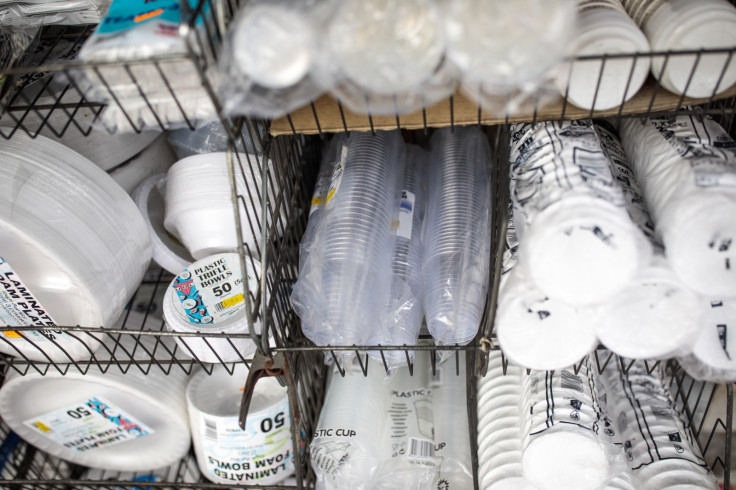UK Environment department uses 500,000 disposable cups a year in 'colossal amount of waste'
Revelation came following Freedom of Information (FOI) request by Liberal Democrats.

The UK Department for Environment, Food and Rural Affairs (DEFRA) has been accused of wastage after it emerged that it has purchased more than 2.5 million disposable cups in the past five years, the equivalent of about 500,000 each year.
The revelation was made by the Liberal Democrats after it submitted a Freedom of Information (FOI) request.
Figures showed that 516,000 disposable coffee cups were purchased by DEFRA's catering and facilities providers in the past year alone, for use in restaurants and cafés across the Department's offices.
The party also claimed that DEFRA previously never bought reusable cups , but purchased 200 of them on 31 October 2017, after it received the FOI request from the Liberal Democrats.
Liberal Democrat Environment Spokesperson Tim Farron urger Enivornment Secretary Michael Gove "to get his own house in order" following the revelations.
"It's astounding that the department which is supposed to be protecting our environment is responsible for such a colossal amount of waste," Farron said.
"Millions of plastic cups have been thrown away by the government, some of which will now be polluting our seas, rivers and countryside."
The Liberal Democrats said it is calling for the introduction of a charge on disposable cups, following the success of the 5p charge on plastic bags, which has resulted in a 85% reduction of usage in England since its introduction in October 2015.
"A coffee cup charge should be introduced in the Budget to tackle waste and encourage the use of reusable cups, including in the civil service and Parliament," Farron said.
"Just like the plastic bag charge, this would reduce unnecessary waste while raising millions for charity."
A Defra spokesperson told the Guardian: "We are committed to reducing unnecessary waste within the department and these figures show the number of disposable cups used has fallen by more than half since 2013.
"We are working with our suppliers to see what more can be done to further cut their use and promote recycling."






















